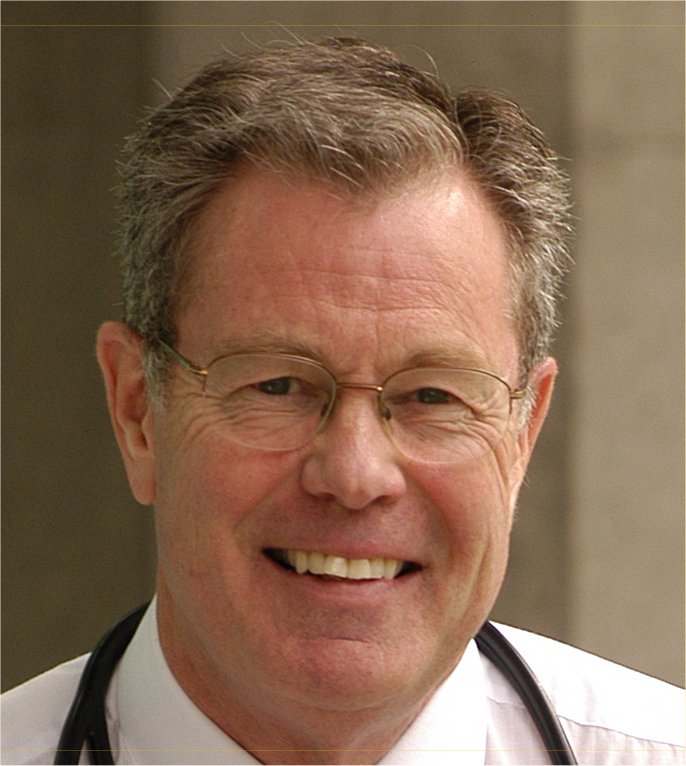Having just attended my sixth consecutive General Synod, I have been asked by editor John Lavender to offer a reflection as to how the General Synod of the Anglican Church of Canada does its business. This is timely, as Resolution A101 from the Governance Working Group (on which I had the privilege of serving from 2008 until 2019) passed handily in Calgary this June. In short, the resolution commissioned a future document to explain the role and work of the National Church by General Synod, reflecting an ongoing need for Anglicans across Canada to better understand the organization of the Church and the complexities as to how it does its business. In the short space allotted to me, I can only briefly touch on this.
One way of really digging into the essentials is to download the Handbook of the General Synod located on the national website. https://www.anglican.ca/about/handbook/
The Constitution, Rules and Regulations, and Canons are all there in detail; however, a User-friendly document for those who are not canonical “nerds” is anticipated by A101 to be forthcoming. The changes in governance of our church are constantly updated in the Handbook, including the outcome of resolutions passed at this last General Synod. A summary of our business in 2023 are found at the national website under the heading of this last Synod “Let There be Greening” convened as an “Assembly.” The Anglican Journal also is an excellent source of commentary. For only the second time, since the Waterloo Declaration of 2001 did the Anglican Church of Canada (ACC) and the Evangelical Lutheran Church in Canada (ELCIC) meet jointly as full communion partners. And this year, delegates passed a resolution recognizing and welcoming the Moravian Church in Canada, as a third partner in full communion (fully recognizing the validity of clergy orders, liturgies, etc.).
It is said that the ACC is “episcopally led (Bishops) and synodically governed (Bishops, Clergy, and Laity meeting together to decide policy, procedures, and authority). These meetings every three years (ie; a triennium) are termed a “Session” of General Synod or just “General Synod” for short. Somewhat confusingly, the Anglican Church of Canada itself is known as the General Synod and is headquartered in Toronto, led by the General Secretary, the Primate (Chief Archbishop) and National staff. It contains essential departments including Archives, Pensions, and the National Coordinating Committees such as Communications, Faith, Worship and Ministry, Financial Management, Resources for Mission, Partners in Mission, Public Witness for Social and Ecological Justice, Council of the North, and the Anglican Council of Indigenous Peoples (ACIP).
There are about 1700 parishes across Canada, organized into 30 Dioceses each belonging to one of four Ecclesiastical Provinces. Dioceses hold their own Synods which elect voting delegates, based on the numbers of declared and attending Anglicans, to meet in the General Synod. Other delegates come from the Sacred Circle (ACIP) and the Military Ordinariate. Members are also chosen proportionately from three “Orders” — the Bishops and Archbishops (House of Bishops), Clergy, and Laity. Matters chosen for debate at General Synod are proposed as Resolutions which are vetted by a Sessional Resolutions Committee and originate from the National Church, The Ecclesiastical Provinces, and from individuals. They may address all aspects of the Church including membership, governance (canons=church laws), operations, strategic planning, voting procedures and elections, policies and social issues, and theological, financial and legal matters.
General Synod meetings are held in a gathering of music and worship, bible study, fellowship, and prayer. Matters may be straightforward requiring little debate whereas other matters may be controversial, very challenging, and far from consensual. Each delegate to General Synod votes (abstention is not permitted) according to how they are moved individually by the Holy Spirit; indeed, praying for the wisdom of the Holy Spirit is often requested at the time of a contentious vote. This is a traditional parliamentary model. Increasingly new ways of decision-making are being examined with Consensus Decision Making gaining in popularity.
In the three years between General Synods, the business of the Church is managed by the Council of General Synod (CoGS) which has all the authority of a General Synod and meets at least twice a year. Apart from Senior Officers (Prolocutor, Deputy Prolocutor, General Secretary, Primate, National Chancellor and Church House senior permanent staff) voting delegates to CoGS are elected from the four Ecclesiastical Provinces, the Military Ordinariate and ACIP, with Bishops, Clergy, and Laity including Episcopal Church and the ELCIC.
At this last General Synod I was honoured to join five other Kootenay delegates; Archbishop Lynne McNaughton, Clergy delegates the Rev. Canon Anne Privett, the Rev. Michael Shapcott, and Lay delegates Andrew Stephens-Rennie and Charlotte Hardy. During the elections to CoGS, Andrew was elected as one of the two Lay Delegates from the Ecclesiastical Province of BC and Yukon and Charlotte Hardy, was elected as the Youth delegate. Please keep them in your prayers as they will be challenged to do important work on behalf of us all.
Without my attempting to outline all the issues confronting the National Church, and indeed the place of the Anglican Church of Canada in the worldwide Anglican Communion, there are important matters facing our Church requiring ongoing prayer and effort and creative thought. To name only a few: the development and growth of a Self-Determining National Indigenous Church governed by Sacred Circle and ACIP; planning over the next decade led by a Strategic Planning Working Group in five major aspirational directions; dealing with declining membership and financial resources, streamlining governance decision-making including moving where possible to consensual procedures, working on issues together with our full communion partners, and addressing major issues arising in the secular world.
This was undoubtedly my last attendance as a delegate at General Synod. My sixteen years of work for the Diocese of Kootenay, the Ecclesiastical Province of BC & Yukon, three terms on CoGs and six consecutive General Synods assures me that with God’s Grace our beloved Church is alive and well and will possess a promising future if we keep choosing God’s Kingdom as faithful disciples of Jesus.


